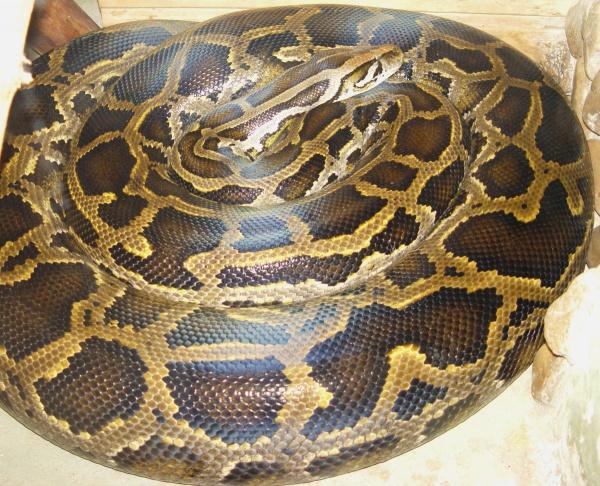Facts About Python
Pythons are a type of large, non-venomous snake belonging to the Pythonidae family. These reptiles inhabit the warm, tropical, and subtropical regions of Africa and Asia. The name "Python" was designated to these snakes in 1803 by the French naturalist François Marie Daudin. Presently, there are ten recognized species of pythons, though new species continue to be discovered, and some subspecies have been reclassified as species over time.
Taxonomically, pythons were first identified by Daudin for their non-venomous nature and distinctive characteristics. Depending on various scientific analyses, the number of recognized python species can range from seven to thirteen.
Pythons are native to diverse habitats across Africa and Asia. They are absent from areas such as the extreme southwestern tip of southern Africa and Madagascar. In Asia, they can be found in countries like Bangladesh, India, and Indonesia. Notably, some python species, such as the Burmese python (P. bivittatus) and the African rock python (P. sebae), have established themselves in regions where they are not native, including South Florida, where they are considered invasive species.
Python skin is highly prized and is frequently used in the fashion industry to produce various clothing items and accessories. Additionally, python skin is used in the manufacture of certain musical instruments. Due to their striking coloration, calm demeanor, and relatively straightforward care requirements, some python species are also popular as pets. Despite sensationalized media reports, with proper handling and safety measures, pythons are generally safe to keep as pets, often safer than more traditional pets like dogs and horses.

 Thailand
Thailand